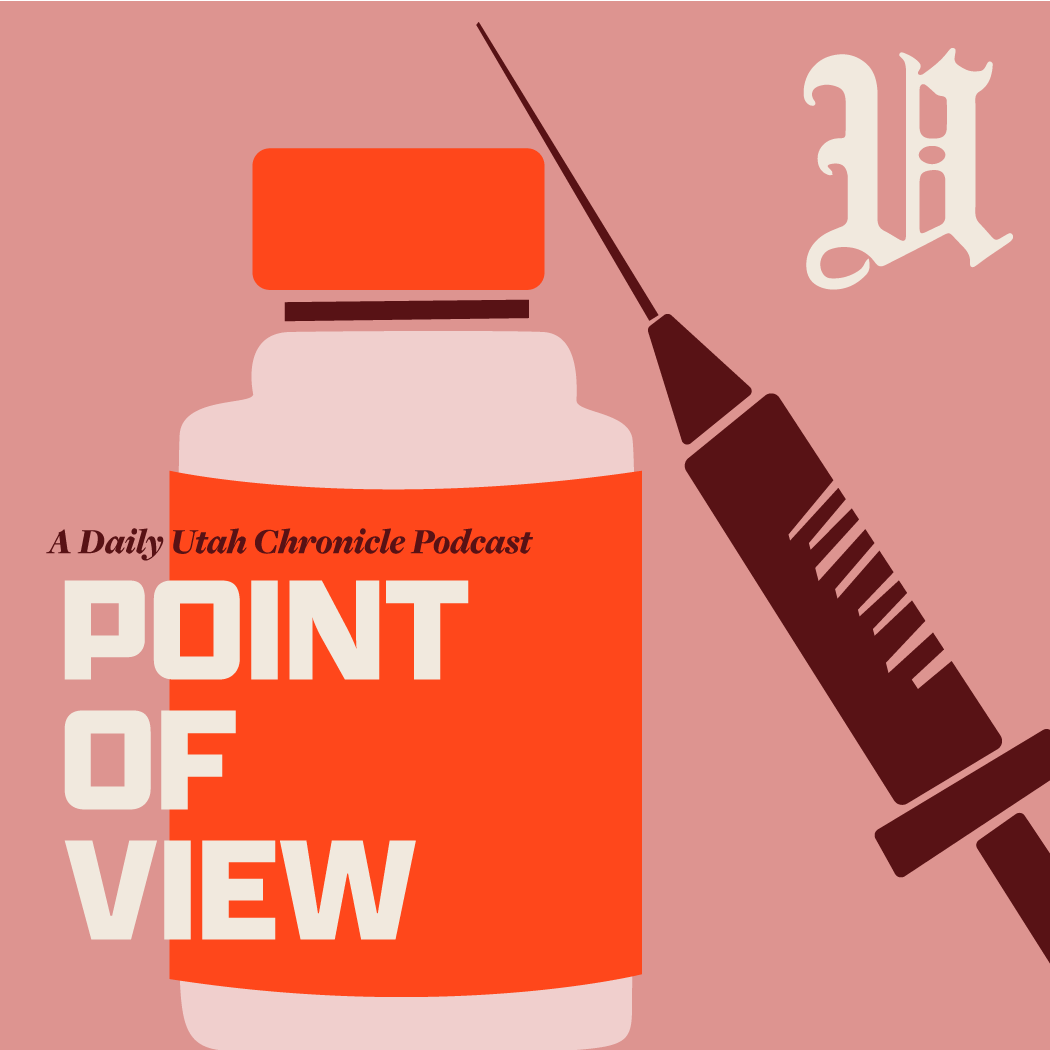The United States faces an unprecedented mental health crisis — nearly 60% of individuals actively seek care, but as many as 40% can’t access it. Poor insurance coverage and long waitlists make it difficult for many to receive services and mental health still faces immense social stigma. Tragically, an impossible choice forces some individuals to choose between treatment for a physical health problem or a mental health condition.
Nobody should have to face this impossible decision. Increasing accessibility and destigmatizing mental health care is not a trivial issue, it’s about saving lives. Utah residents experience mental illness at an alarming rate and the state has one of the highest rates of depression in the nation. Yet, accessible mental health services remain inconsistently funded. This is not a battle that we can fight on our own. Utah lawmakers need to urgently implement collaborative care models that bridge the gap between our minds and bodies.
An Ongoing Stigma
While approximately 76% of Americans perceive mental health care as equal to physical care, social stigma persistently discourages many individuals from accessing services. Those seeking help may fear judgment and, dishearteningly, their apprehension is rooted in a harsh reality. Adults diagnosed with a mental illness feel disregarded by their primary care physician at an alarming rate.
Statistically, doctors are less likely to attribute chronic pain to a severe diagnosis if the patient has a history of depression. This troubling fact indicates a societal problem — systemically, we have been conditioned to minimize emotional and mental pain. If we fail to confront this issue, we risk silencing patient voices and depriving them of support.
Local stigma can also be attributed to cultural factors, such as the heavy influence of LDS policies and beliefs in Utah. While it is difficult to pinpoint an exact cause for Utah’s crisis, social stigma should never infect a realm where patients deserve to feel validated and secure.
Unequivocally, legitimizing emotional struggles and psychological diagnoses should be integral to best healthcare practice. Nothing should affect one’s comfort in seeking care — mental health issues can impact anyone and local healthcare funding must reflect that.
Poor Insurance Coverage
Across the nation, health insurance companies force patients to decide how much their pain is worth. Many psychiatrists and mental health professionals refuse insurance due to the limits the companies impose on care. Utah providers can be found switching to cash-only at an increasing rate, out of an inability to treat patients under insurance regulations effectively. This leaves local patients with a choice between high out-of-pocket costs, or wrestling with their mental health struggles alone.
In Utah, counseling sessions can cost more than $200 without insurance — one of the highest rates in the country. Statewide accessibility to mental health services is not only unattainable but also inequitable. When Utahns, including those on employer-sponsored insurance plans, regularly go out-of-network for care, this discrepancy becomes even more alarming.
Morally, health insurance companies must step up to improve coverage for mental health services. Financially, considering the relationship between physical and mental health is more than worthwhile. Integrating the two could serve as preventative care for physical illnesses that are often exacerbated or caused by mental health conditions. Regardless, insurance corporations across America must take accountability for systemically reinforced stigmas and promote holistic access to care.
Models for Collaborative Care
In recent years, some healthcare groups have adopted systems for integrative care. The Utah Hospital Association has recommended the Collaborative Care Model to assuage the state’s mental health crisis.
“A key gap in Utah’s mental health system is the large-scale integration of physical and mental health care,” the UHA stated in a report. “Promoting integrated care models with targeted referrals to specialty mental health care is critical to improving access to mental health services.”
Collaborative Care designs teams led by a primary care physician who consults with a psychiatric provider and other mental health professionals. The system would provide support for both mental and physical health in the same location, covered by the same insurance.
Collaborative Care Works
Collaborative Care has been proven to “improve patient outcomes, save money and reduce stigma related to mental health.” Despite its benefits, the system is not widely accessible or even well-known. To address Utah’s discrepancies in access to care, the model recommended by UHA must be implemented statewide.
Facilitating collaborative groups with professionals from all facets of healthcare would drastically improve patient safety and well-being. I have had family and friends hospitalized for severe mental health conditions. Many individuals they encountered were discharged not based on their recovery but on their insurance’s unwillingness to provide coverage. This scenario represents a bureaucracy that has long neglected mental health as valid and necessary for personal well-being — and that system needs to change.
Mental health is health. Emotional well-being allows us to self-actualize and it is not just the lack of a diagnosis. Preventative care in mental health means addressing our needs, stresses and traumas. It means having access to counseling and psychiatric services, and not having to choose between caring for the physical or the emotional. The healthcare industry and Utah lawmakers must respond to our mental health crisis radically and that requires implementing integrated healthcare practices accessible to all.



















